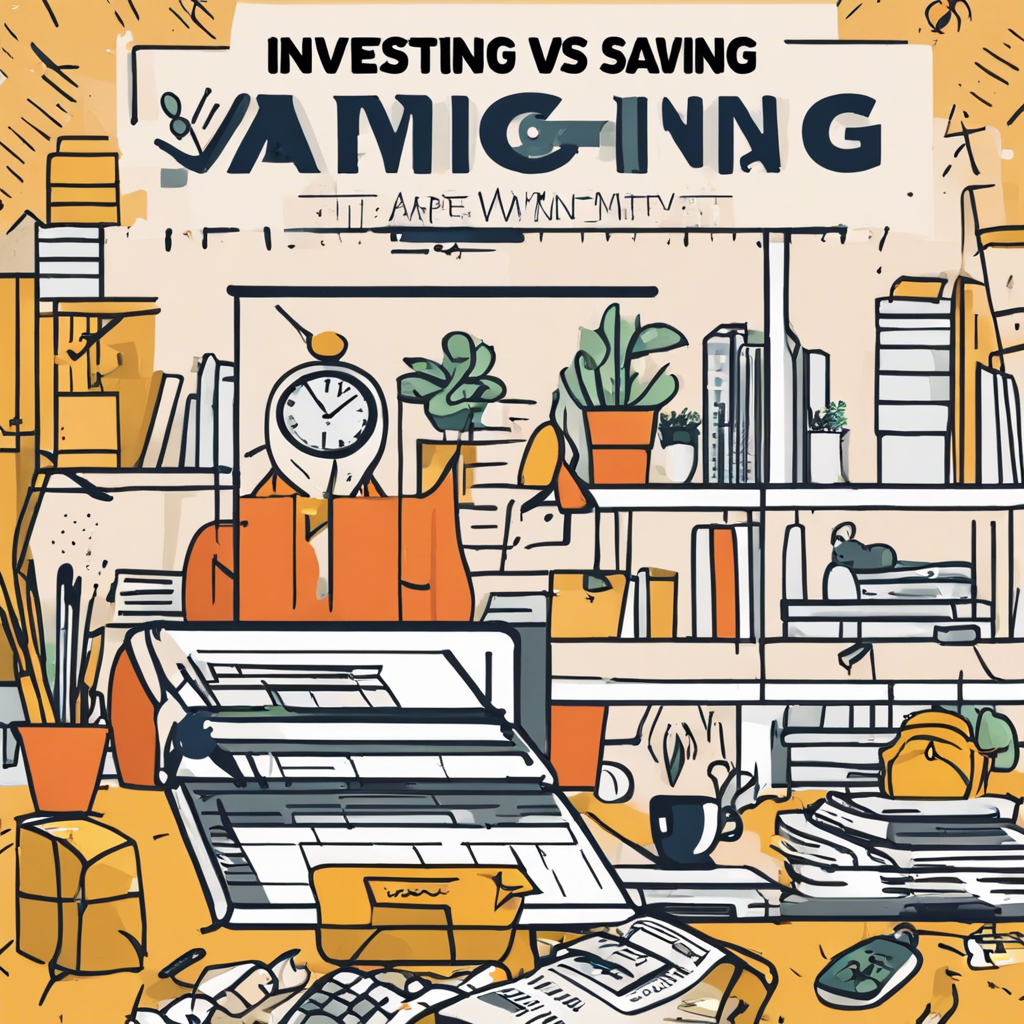Many people use the terms “saving” and “investing” interchangeably, but they represent different approaches to managing your money and have distinct roles in your financial journey. Understanding the difference between these two concepts is crucial for making informed decisions about your financial future. Let’s explore the unique characteristics of saving and investing and how they can contribute to your overall financial strategy.
Saving typically involves setting aside a portion of your income in a safe and easily accessible account, such as a savings account at a bank or a credit union. The primary goal of saving is to provide a financial cushion for short-term needs, unexpected expenses, and specific savings goals. For example, you might save for an emergency fund to cover three to six months’ worth of living expenses, a down payment for a house, or a dream vacation. Savings accounts offer liquidity, allowing you to quickly access your money without incurring penalties.
One of the key advantages of saving is its safety and security. Savings accounts are generally insured by the Federal Deposit Insurance Corporation (FDIC) up to a certain amount, ensuring your money is protected. This makes saving an excellent choice for money you might need in the near future or for specific purposes. Additionally, saving can help you develop good financial habits, like regularly setting aside a portion of your income and avoiding unnecessary spending.
On the other hand, investing involves allocating your money with the expectation of generating a return over the medium to long term. When you invest, you purchase assets such as stocks, bonds, real estate, or funds, aiming to grow your wealth through capital appreciation, dividends, or interest income. Investing is generally associated with a higher level of risk compared to saving, as the value of your investments can fluctuate over time.
Investing is a powerful tool for building wealth over an extended period. Historical data shows that investments in the stock market, for example, have outperformed traditional savings accounts over the long term. However, market volatility can lead to short-term losses, making it essential to adopt a long-term perspective and diversify your investment portfolio.

